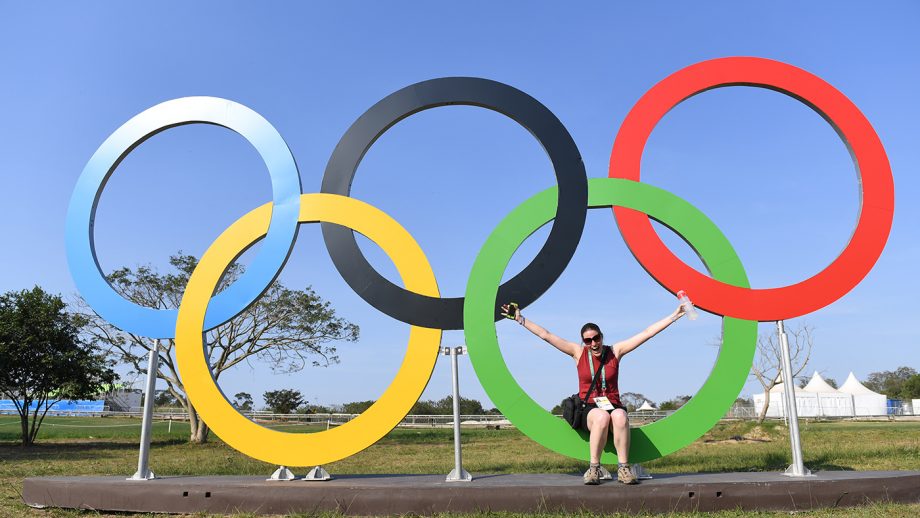Competitors have questioned in the past why abandonment insurance is compulsory and whether there could be an opt in/out option, giving them freedom to choose whether to accept the BE-chosen policy, arrange their own insurance or take the risk. The issue is now under review, and H&H finds out more
DISCUSSIONS are under way to find the best way of protecting competitors’ and organisers’ cash when events are forced to cancel.
Abandonment insurance has been a hot topic in eventing, coming to a head in 2020 owing to a wrangle with underwriters over whether they should pay out for fixtures cancelled as a result of the pandemic. British Eventing (BE) won the argument and the outstanding claims for spring events were settled by autumn.
The topic of insuring entry fees has sparked debate over the years. BE introduced the abandonment insurance premium in 2009, replacing BE’s own abandonment fund, for which competitors are charged a non-negotiable premium on top of their entry fee.
It means if a fixture is cancelled, the competitor gets most of the entry fee back (minus the premium) and the organiser also receives a payout, so both sides are protected.
But it comes at a cost, this year ranging from £10.69 to £57.33 per entry depending on the class. For example, it takes the entry fee of a BE80–BE105 class (with no prize money) from £72.22 to £82.91, plus a start fee of up to £17.44.
Competitors have questioned in the past why it is compulsory and whether there could be an opt in/out option, giving them freedom to choose whether to accept the BE-chosen policy, arrange their own insurance or take the risk.
The policy, which does not cover Covid-related cancellations, remains in place this year and BE has appointed a panel made up of people from across the sport to review it for 2022 and beyond.
“With the challenges the last year has brought in relation to pandemic-related cancellations, alongside the pressures to keep the cost of competing as low as possible for members, it is felt it is a good time to undertake a full review of the insurance,” said a BE spokesman.
Eventing Riders Association (ERA) International president Bruce Haskell welcomed the review.
“It’s a sign that stakeholders from all three groups have been listened to by BE,” he told H&H, adding that ERA has put forward an amateur and a professional to sit on the panel. “The only way to get agreement is to involve all parties in creating that.”
He said it comes down to looking at whether the policy is fit for purpose, does it suit everybody, whether the flat rate is fair given spring and autumn fixtures have a higher risk of weather issues, and whether it could be geared slightly more towards rider choice.
“At BE100 and below, it makes the difference in price between affiliated and unaffiliated,” he said, adding that this ties in with the issue of affordability of the sport.
Pandemic cover
BE negotiated a specific “pandemic refund policy” for 2020, agreed with organisers. This meant competitors would receive a minimum of 30% of the net entry fee, plus VAT, for Covid-related cancellations up to three days ahead of the event.
This is not continuing as a blanket rule for 2021, instead there will be event-specific policies.
A BE spokesman told H&H the British Eventing Organisers Association is working closely with all its organisers on this.
“In essence, each event will clearly state what their individual refund policy will be on their online event schedule,” he said.
“Therefore, each organiser can decide on a policy that best reflects their circumstance whilst providing a fair outcome to the competitor.”
You might also be interested in…

Patience rewarded: British Eventing secures refunds for spring fixtures cancelled by lockdown
Eventers whose entry fees for spring fixtures cancelled owing to coronavirus will receive refunds

Spotlight on eventing refunds as concerns raised over future entries *H&H Plus*

New training formats and extra competition days on the cards for eventing’s restart
“We don’t know what different restrictions or changes might be in place, but we know we can run a sport

Hope of light at the end of the tunnel after a difficult year *H&H Plus*

‘A celebration of resilience’: dates for 2021 Olympics and Paralympics confirmed
‘Humankind currently finds itself in a dark tunnel. These Olympic Games Tokyo 2020 can be a light at the end

